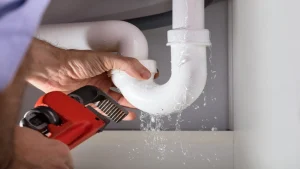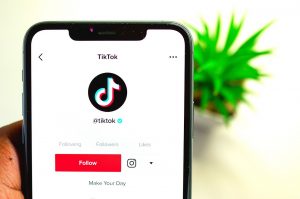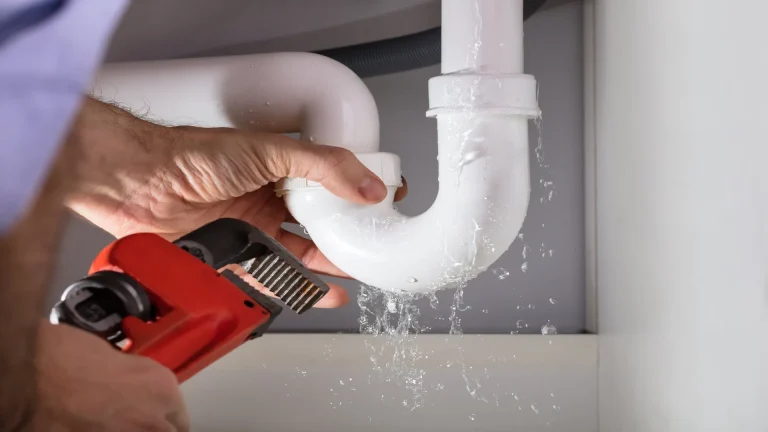Nobody applies for a job without a resume. This is a valuable tool that will show off your best skills and qualities. It also helps employers decide whether or not you are fit for the job vacancy and if you will proceed to the next part, the first interview. That’s why you must take the time to put together a good resume because what it says matters.
If you are currently preparing to send applications and resumes in, let this article show you how important a resume is, why employers care about it, and the types of resumes you can make. You will also find more info and tips that will help you get your next job.
Types of Resume
Those who are applying for a job must have a well-written resume. There are two types to choose from – chronological order resumes and custom resumes. The chronological order of resumes is the traditional way of preparing this document. You list your most recent job first, then continue in descending order. List your awards and job experiences from the last 7 to 10 years. Also, educational attainments are listed chronologically.
On the other hand, custom resumes are the most commonly used these days. It highlights your most essential employment experiences relevant to the job position you are applying for. This resume is perfect for those applying for industries with specific qualification requirements.
Importance of a Resume
Today’s professional job market is so competitive that you have to make sure that you stand out. You will often need a resume to move forward in the interview process. A good resume tells employers why you are a good fit. It outlines your relevant skills and experience for the job, displays the benefits you can offer to employers, and matches you to the vacant position. A well-written resume can quickly grab the attention of employers, which can lead to an interview.
You Have A Resume. What To Do Next?
You have your resume or CV ready, so what should you do next? Before you submit your resume for application, make sure that you have taken the time to proofread for grammatical errors and typos. A potential employer may be easily turned off if these noticeable mistakes aren’t corrected. And once you have a well-arranged and proofread resume, the potential employers will be impressed by a well-written CV that is free of errors and shows that you are capable and attentive to detail.
















